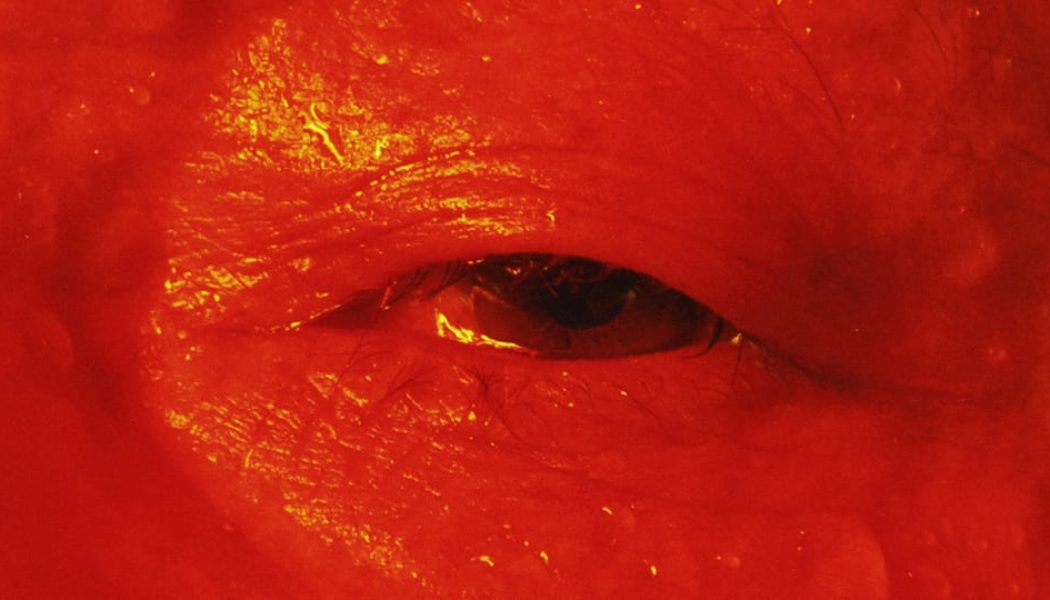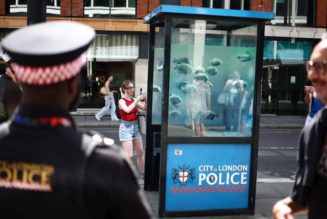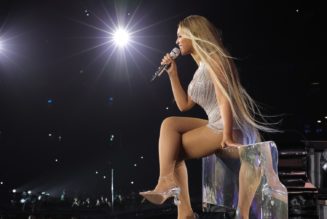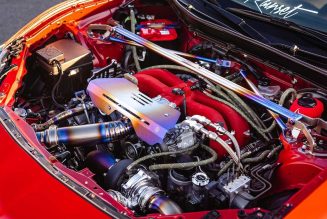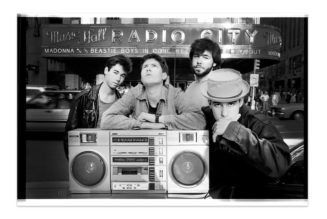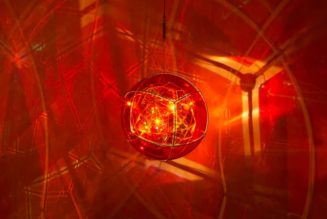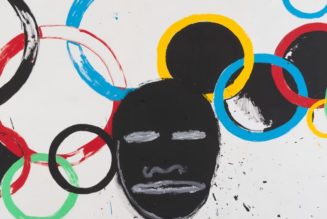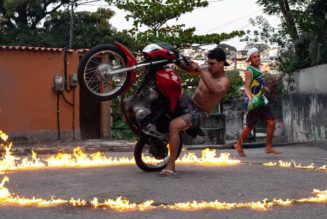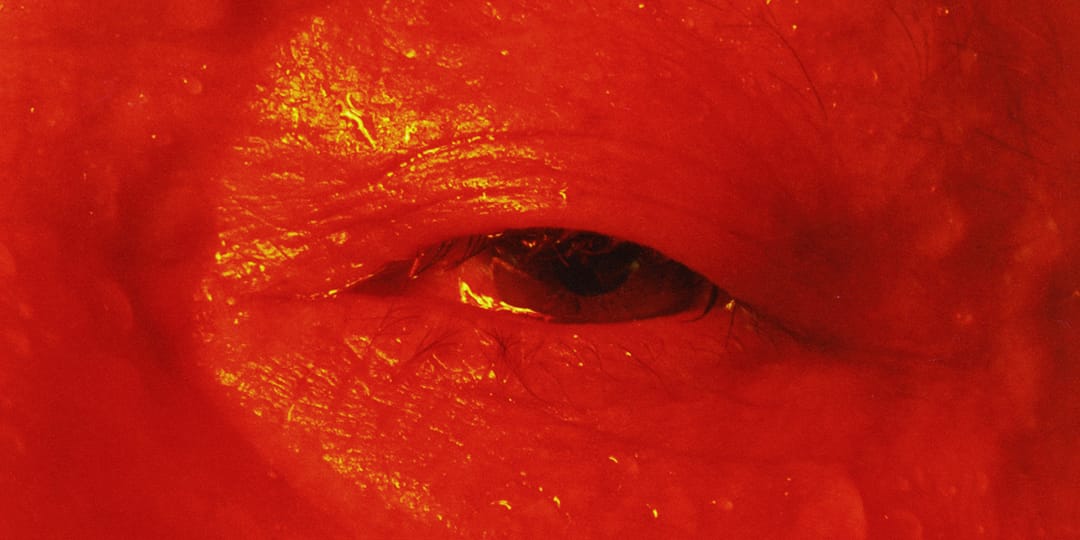
How did the Yakuza project come to be and the crazier stories while on the job?
I was out there for a project for Tommy Hilfiger. It was totally unrelated. I made a few friends and basically met this guy who was a friend of a friend — who had a “way in.” This spanned about a month to get linked with them [the Yakuza]. It’s obviously quite a hard thing to just be able to walk in and be able to document these people. So I had to wait in Japan for like a month [laughs].
It’s funny, because you have this idea that you’ll get in these really mad situations. It was, and it was my idea to photograph them naked — there was a lot of them being able to be vulnerable around me. It kind of made the whole thing really relaxed. There wasn’t an element of it being dangerous or scary. It was really respectful. Obviously being in that environment is a kind of mad situation. Loads of older people naked who’ve probably done some bad things in their lives. The biggest thing for me was not wanting to be disrespectful. Going back to my work, what I’m really interested in questioning the narrative about people.
That’s why I wanted to document them [the Yakuza] in this vulnerable way. When you’re naked and have a camera beaming over you, naturally, it will draw out different emotions out of you. Which I think it did with these guys.
Was the decision to shoot them naked due to the fact that the location was in an onsen or spur of the moment?
Yeah it happened a few weeks prior to the shoot. I visited an onsen and saw one of these Yakuza dudes walking around. You could just spot this guy — it was obvious he was part of the Yakuza from the way he was walking — puffed up chest and that gave me the idea that it would be cool to document a member here. I started to talk to him a bit and so I had to revisit the whole situation and make an arranged shoot similar to the initial inspiration. I don’t think the owners of the onsen knew that we were shooting Yakuza members. That took them by surprise.
Were there similarities in scope to your project in Cuba with the boxers? Like the Yakuza, which operate on the periphery, Cuba is a place hard to access for Americans. Can you talk about the similarities and differences in these projects?
I’m English, so I don’t have these restrictions or ideals. There is a lot of poverty in Cuba and that was quite different and I was working with a lot of kids. But what I was looking for again, were the vulnerabilities. There were a lot of boxing gyms and I wanted to find younger faces. I’ve had a speech impediment since I was growing up and it would be very difficult for me to talk. I used to go out and speak to people on the street as a way to overcome having a stammer. It’s quite a big part of my work, and I like to see the underdog, the vulnerability in people because I can relate to that.
All photos courtesy of Theo Cottle for Hypeart.
